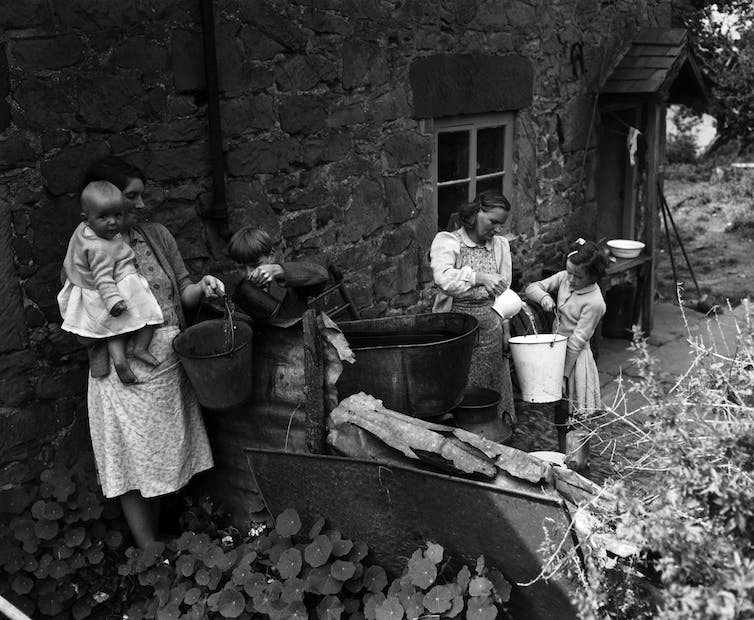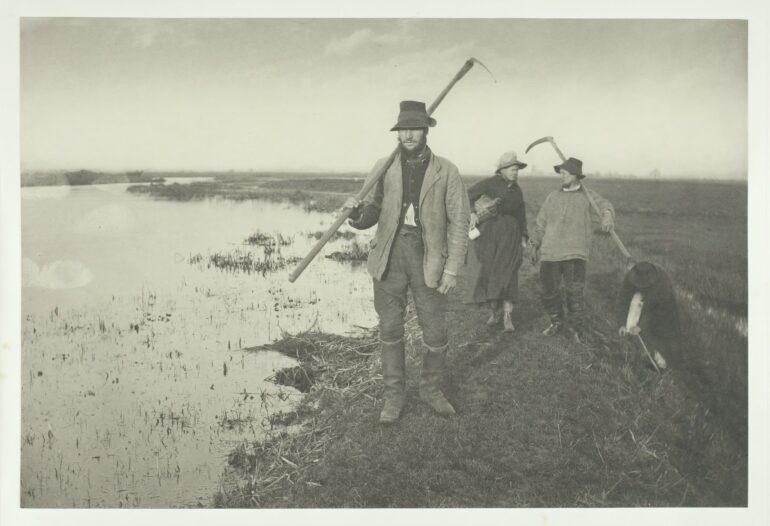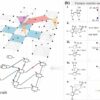If you need to hit a nail, what tool do you ask for? If you say “hammer,” do you pronounce the “r”? Do you drop the “h”?
Different people pronounce the same English words in different ways. People learn which words to use and how to pronounce them as they’re learning to talk with family, friends and others in their community, so geographic patterns in these pronunciations can persist over time.
In England, pairs of words that mean similar things, like “sight” and “vision” or “yes” and “aye,” can reveal a rich history of language that is intertwined with the history of the place itself. Such words have their origins in migrations and conquests that took place during the Middle Ages. New words would sometimes coexist and sometimes displace one another.
Cultural evolution researchers like us know that it’s not just mountain ranges or oceans that can be barriers to interaction. Different people can share their technology, cuisines and ideas, but some tend to interact more often with those who share cultural similarities, a behavior called homophily.
This can be seen most clearly when cultural traditions lead people to marry people from the same community. Populations that tend to marry within their group because of social or economic forces, including religious traditions and social stratification, have smaller gene pools, leading them to be more genetically similar to one another.
In addition to groups with distinctive marital practices, researchers have found relationships between genes and culture when studying groups that are from different ethnicities or different regions of the world. These similarities between genes and culture don’t imply that certain genetic variants are exclusive to these groups, or that genetics causes certain cultures to arise. Rather, the same people might be more likely to share genetics and language because of a common history, especially because of significant geographic or social barriers between groups.
Can smaller things, like the different dialects between neighboring villages, shape the genetic landscape of populations? In our new study, we combined genetic and linguistic data from Great Britain to study the effects of culture on genetics at smaller geographic scales than generally studied.
We examined this relationship between cultural and genetic variation across Great Britain. In places where people move often, the small correlations between language and genes can be lost because of how rapidly they change. Since Great Britain is an island, few people entered its rural population between the times of the Norman conquest in 1066 and the end of the 19th century, making it ideal for our analysis.

In the middle of the 20th century, interviewers recorded the ways rural people spoke.
Bill Ellman/Mirrorpix via Getty Images
Combining two sets of data
Ideally, we could use a unified data set capturing information about the…



